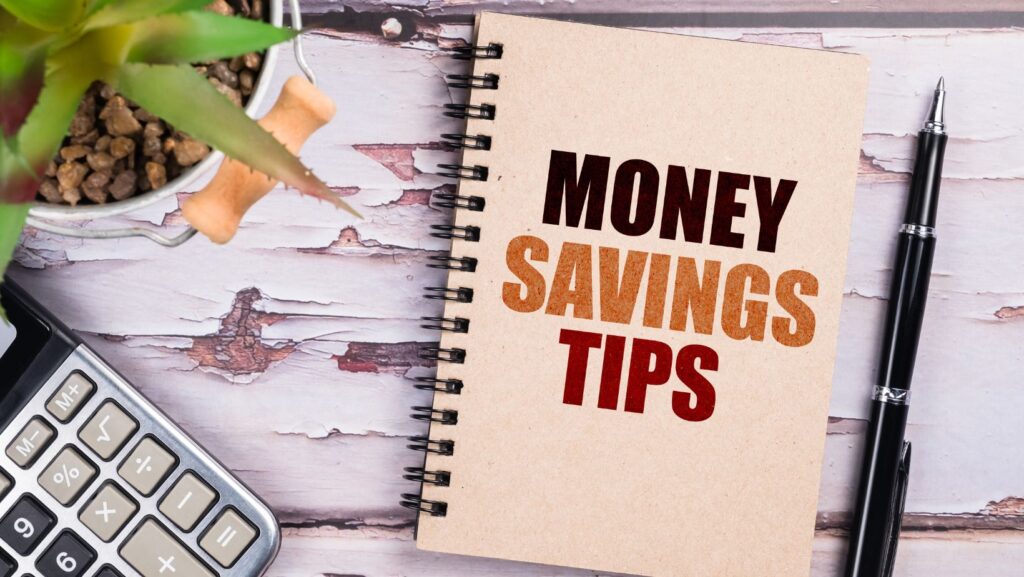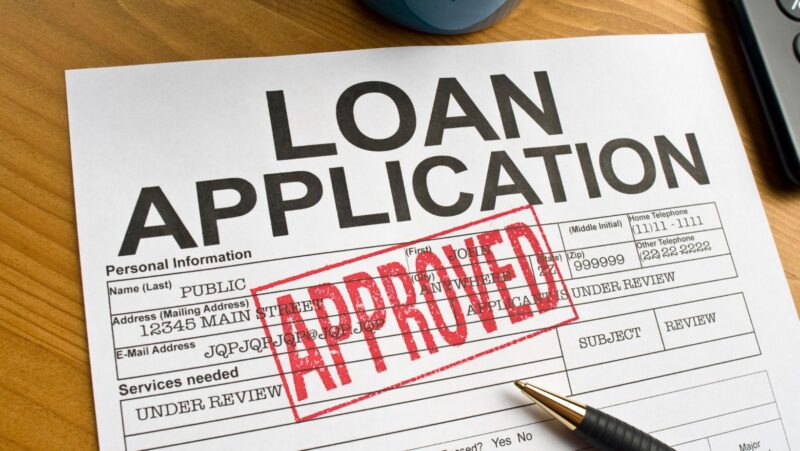
Welcoming a new baby is an exciting time, but it can also bring significant financial challenges. From nappies to nursery furniture, the costs can quickly add up. However, with careful planning and some practical strategies, new parents can manage these expenses without breaking the bank.
In this article, we will explore money-saving tips designed specifically for new parents, helping you to cut costs while still providing everything your baby needs. These tips will cover everything from budgeting and breastfeeding to second-hand gear and baby food, ensuring that you save without compromising on quality.
1. Create a Baby Budget
The first step to cutting costs is creating a detailed baby budget. List all the essentials you’ll need, such as clothing, nappies, and prams, as well as one-time purchases like a cot. Setting a realistic budget helps you plan your spending and avoid unnecessary expenses.
Factor in recurring costs like formula, childcare, and baby toiletries to ensure you’re prepared for ongoing expenses. By tracking your spending, you’ll know exactly where your money is going, making it easier to stick to your financial plan as a new parent.
2. Prioritise Early Debt Repayment
If you have outstanding debts, it’s important to prioritise early repayment before major baby-related expenses arise. Debts such as credit card balances, bad credit loans, lines of credit, etc., can quickly accumulate, leaving less room for your new baby budget. By focusing on paying off debt early, you’ll free up more of your income for baby essentials and long-term savings.
Consider revising your budget to allocate extra money towards debt repayment, ensuring that you’re in a stronger financial position to handle the additional costs of raising a child.
3. Purchase Second-Hand Baby Gear
New parents often feel the pressure to buy brand-new baby gear, but many items can be purchased second-hand at a fraction of the cost. From cots and prams to baby clothing, you can find gently used products that are still in excellent condition. Websites like eBay, Facebook Marketplace, and charity shops offer affordable baby gear.
Just be sure to check the safety standards of items like car seats or cribs to ensure they meet current guidelines. Buying second-hand not only saves money but also reduces waste, making it a win for both your wallet and the environment.
4. Use Cloth Nappies to Save on Diaper Costs
Disposable nappies can be a large ongoing expense for new parents. Cloth nappies offer a more cost-effective alternative, especially if you plan to have more children. While cloth nappies require an upfront investment, they can be reused and will save you money over time. Additionally, they are more eco-friendly, reducing the amount of waste sent to landfills.

To further cut costs, consider purchasing cloth nappies second-hand or through nappy lending schemes. You’ll also save money on frequent trips to the store for disposable nappies, making cloth a practical and economical choice.
5. Borrow or Rent Baby Equipment
Many baby items are only needed for a short period, such as bassinets, bouncers, and baby swings. Instead of buying these items new, consider borrowing from friends or family members who no longer need them. Alternatively, renting baby equipment is a great way to save money without compromising on quality.
Rental services offer a range of items, allowing you to return them once your baby outgrows them. This approach helps reduce clutter in your home and cuts costs by avoiding the purchase of items you’ll only use temporarily.
6. Make Your Own Baby Food
Once your baby starts eating solids, making your own baby food can be a healthier and more affordable option than store-bought jars. Pureeing fruits, vegetables, and grains at home allows you to control the ingredients and avoid preservatives. You can make baby food in bulk and freeze it in small portions, saving both time and money.
Homemade baby food also lets you introduce your child to a wider variety of flavours. By preparing meals at home, you can significantly reduce the cost of feeding your baby while ensuring they’re eating nutritious, fresh foods.
7. Take Advantage of Coupons and Sales
There are plenty of opportunities to save money on baby essentials by using coupons, discount codes, and taking advantage of sales. Many retailers offer loyalty programmes that reward you with discounts on future purchases. Sign up for newsletters from your favourite baby brands or retailers to receive exclusive offers and updates on sales.
By planning ahead and shopping during sales, you can stock up on baby supplies and clothing without paying full price.
8. Avoid Buying Unnecessary Baby Products
It’s easy to get caught up in the excitement of shopping for a new baby, but many products marketed to new parents are not essential. Items like baby wipe warmers, designer baby clothes, and expensive toys may look appealing but are not necessary for your baby’s well-being. Focus on buying essential items that your baby will actually use.

Resist the temptation to splurge on luxury products or gadgets that serve little practical purpose. By sticking to the basics, you’ll avoid overspending and ensure that your money is used efficiently.
9. Plan for Childcare Costs Early
Childcare is one of the largest expenses new parents face, and it’s important to plan for these costs early. Whether you’re considering nursery care, a childminder, or staying at home, research your options and create a budget for childcare expenses. Some families may be eligible for government childcare schemes or vouchers, so be sure to explore all available financial support.
Planning early for childcare ensures that you’re financially prepared and can make informed decisions about your family’s needs while minimising the impact on your overall budget.
Conclusion
Becoming a new parent brings both joy and financial responsibility, but with careful planning and smart strategies, you can manage the costs associated with raising a baby. From creating a budget and buying second-hand gear to prioritising debt repayment and making your own baby food, these tips will help you cut costs without sacrificing quality.
By being mindful of your spending and focusing on essential items, you’ll be able to provide for your baby while maintaining financial stability. Start implementing these tips today to ensure a smoother financial journey as a new parent.







